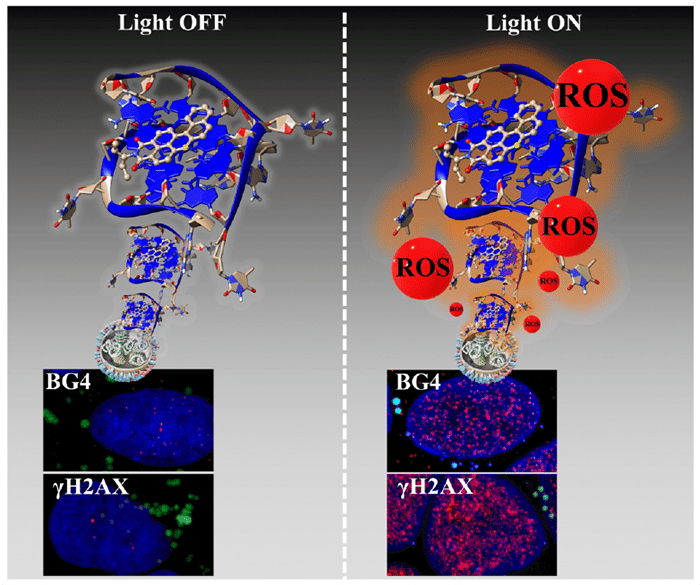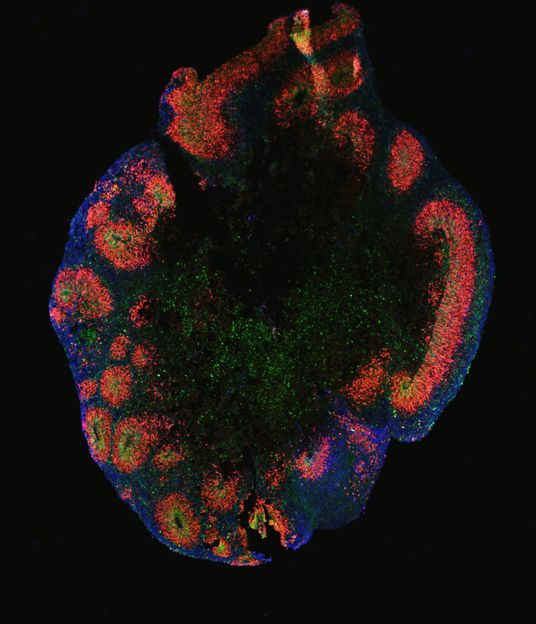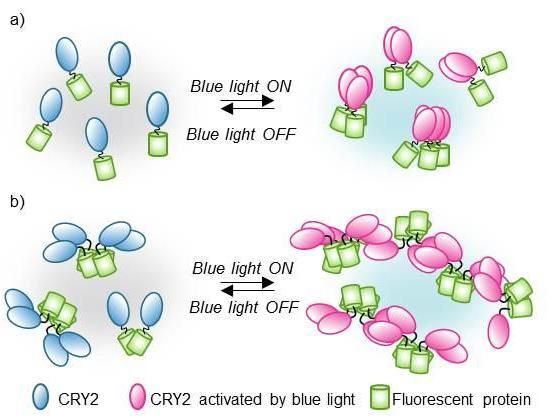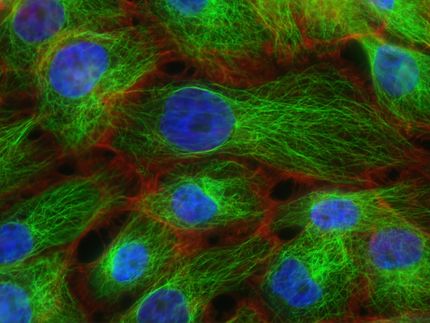Liver tumor growth in mice slowed with new chemo-immunotherapy treatment
hepatocellular carcinoma is the most common form of liver cancer, but treatment options are limited and many patients are diagnosed in late stages when the disease can't be treated. Now, University of Missouri School of Medicine researchers have developed a new treatment that combines chemotherapy and immunotherapy to significantly slow tumor growth in mice. The researchers believe that with more research, the strategy could be translated to benefit patients with the disease.
"The current drug approved by the U.S. Food and Drug Administration to treat hepatocellular carcinoma only increases the average survival of patients by about three months," said Kevin Staveley-O'Carroll, M.D., Ph.D., chair of the MU School of Medicine's Hugh E. Stephenson Jr., M.D., Department of Surgery and director of Ellis Fischel Cancer Center. "While any extension of life is valuable, our research team is developing a new therapeutic strategy that might extend and improve the quality of life for these patients."
Immunotherapy boosts the body's natural defenses to fight off cancer. The therapy has been used to help treat several cancers, such as melanoma and lung cancer. However, little research exists on combining immunotherapy with chemotherapy.
During the study, one group of mice was treated with the chemotherapy agent sunitinib and another group was treated with an immunotherapy antibody known as anti-PD-1. Over a period of four weeks, tumors in mice treated with sunitinib grew 25 times larger. Tumors in mice treated with immunotherapy grew at a slower rate and were 15 times larger. However, a third group of mice treated with a combination of chemotherapy and immunotherapy experienced even slower tumor growth at a size that was only 11 times larger.
"Our results show that a combined chemo-immunotherapeutic approach can slow tumor growth in mice more effectively than either individual treatment," said Guangfu Li, Ph.D., D.V.M., assistant professor in the MU Department of Surgery. "This innovative combination promotes an anti-tumor immune response and better suppresses growth of the cancer. Our findings support the need for a clinical trial to test whether this could become a cost-effective treatment that could help improve the lives of patients with liver cancer."
Original publication
Guangfu Li, Dai Liu, Timothy K. Cooper, Eric T. Kimchi, Xiaoqiang Qi, Diego M. Avella, Ningfei Li, Qing X. Yang, Mark Kester, C. Bart Rountree, Jussuf T. Kaifi, David J. Cole, Don C. Rockey, Todd D. Schell, Kevin F. Staveley-O’Carroll; "Successful chemoimmunotherapy against hepatocellular cancer in a novel murine model"; J Hepatology; 2017
Original publication
Guangfu Li, Dai Liu, Timothy K. Cooper, Eric T. Kimchi, Xiaoqiang Qi, Diego M. Avella, Ningfei Li, Qing X. Yang, Mark Kester, C. Bart Rountree, Jussuf T. Kaifi, David J. Cole, Don C. Rockey, Todd D. Schell, Kevin F. Staveley-O’Carroll; "Successful chemoimmunotherapy against hepatocellular cancer in a novel murine model"; J Hepatology; 2017
Topics
Organizations
Other news from the department science

Get the life science industry in your inbox
By submitting this form you agree that LUMITOS AG will send you the newsletter(s) selected above by email. Your data will not be passed on to third parties. Your data will be stored and processed in accordance with our data protection regulations. LUMITOS may contact you by email for the purpose of advertising or market and opinion surveys. You can revoke your consent at any time without giving reasons to LUMITOS AG, Ernst-Augustin-Str. 2, 12489 Berlin, Germany or by e-mail at revoke@lumitos.com with effect for the future. In addition, each email contains a link to unsubscribe from the corresponding newsletter.
More news from our other portals
Last viewed contents

A new molecule to target and eliminate cancer cells using light - This new photosensitizer has proved much more effective than those used in current treatments.
Evotec and MaRS Innovation announce first funded project under LAB150 BRIDGE

Cell-culture breakthrough: Advanced “mini brains” in the dish - Organoids that mimic human brain cortex in development and disease
Stem Cell Studies Approved for UF College of Medicine – Jacksonville - Researchers will focus on using patient’s own cells to improve health
Medtech company Theraclion obtains €8.5 million in R&D funding from OSEO
Study sheds light on treating cancer - Using light to target and kill cancer cells alternatively without surgery
Taconic Biosciences and Cellaria Biosciences collaborate to facilitate xenograft use in oncology research

Protein mingling under blue light
Global Pharmaceutical companies expect hard price competition in the rising Biosimilars segment - Bi-annual survey among more than 80 executives from globally active pharmaceutical companies based in 16 countries and spread over four continents
Centre Léon Bérard - Lyon, France
Killer silk: Making silk fibers that kill anthrax and other microbes in minutes






















































